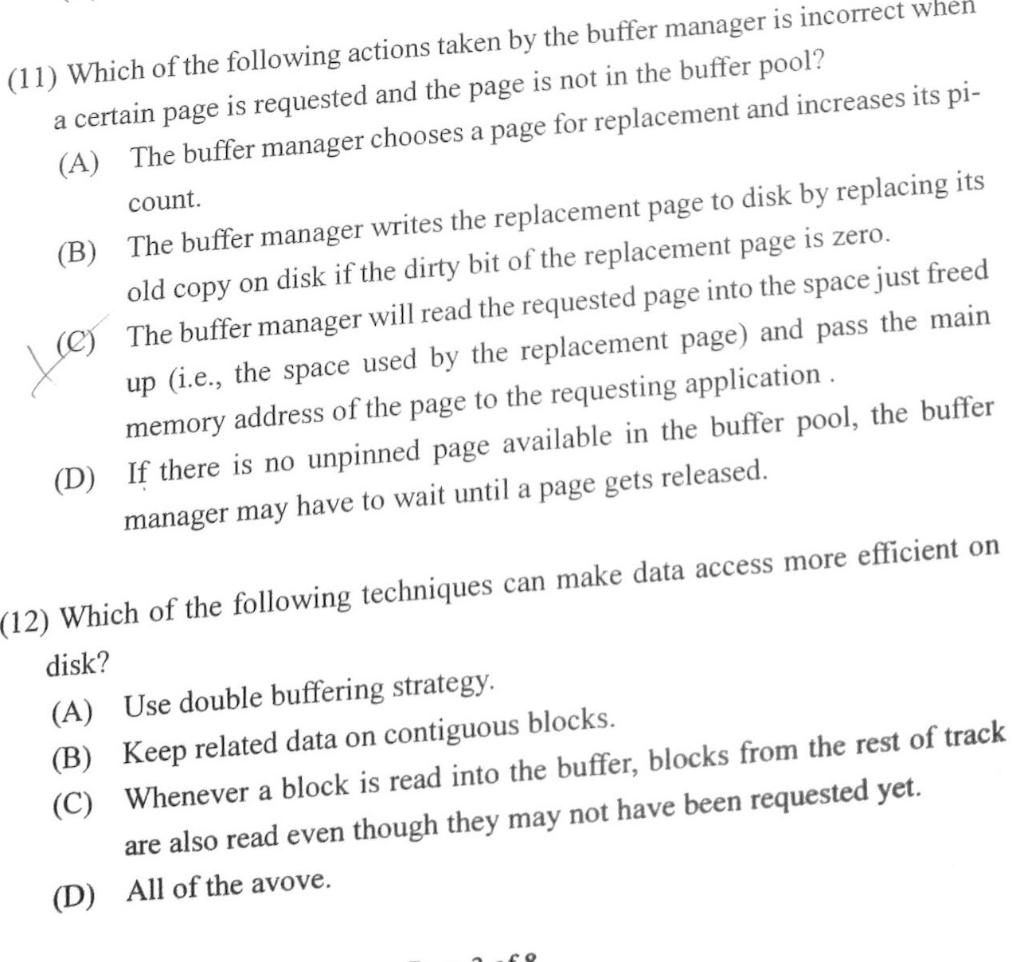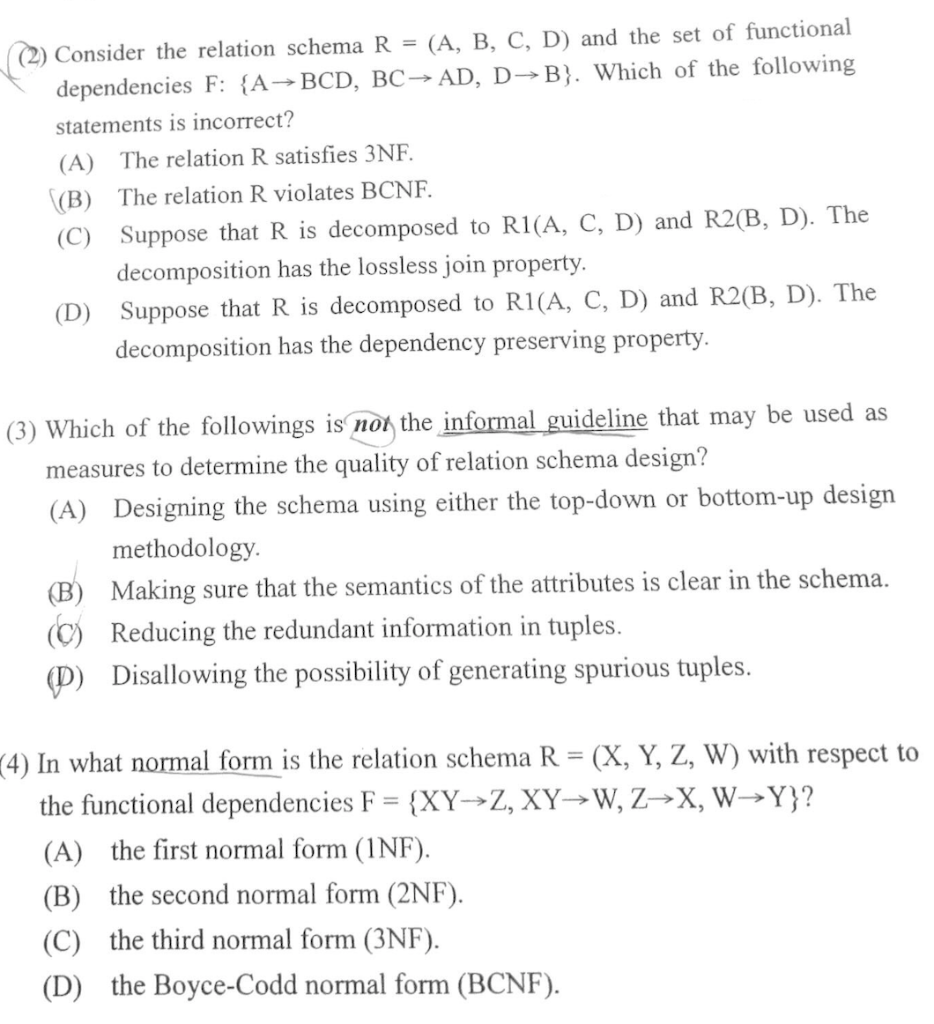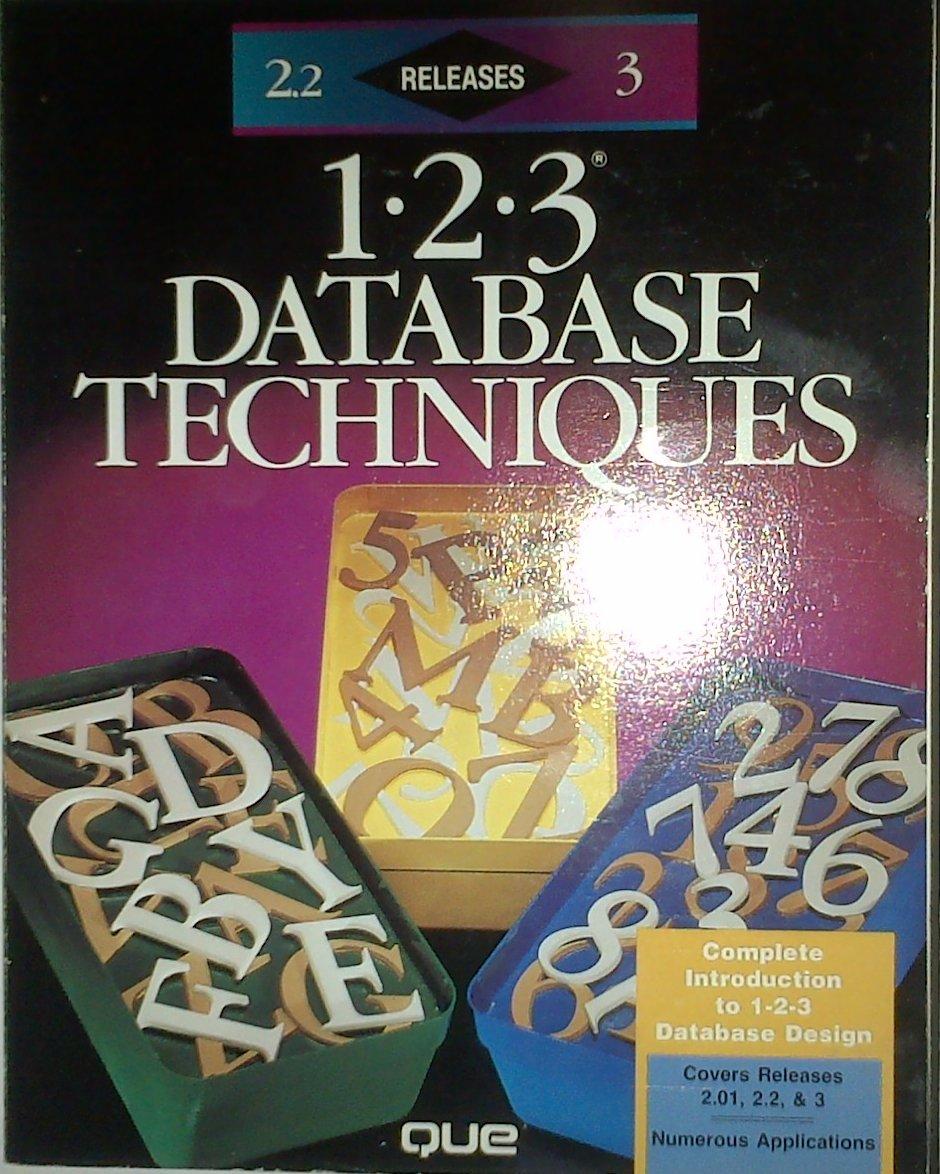

(11) Which of the following actions taken by the buffer manager is incorrectwicm a certain page is requested and the page is not in the buffer pool? (A) The buffer manager chooses a page for replacement and increases its picount. (B) The buffer manager writes the replacement page to disk by replacing its old copy on disk if the dirty bit of the replacement page is zero. (C) The buffer manager will read the requested page into the space just freed up (i.e., the space used by the replacement page) and pass the main memory address of the page to the requesting application . (D) If there is no unpinned page available in the buffer pool, the buffer manager may have to wait until a page gets released. (12) Which of the following techniques can make data access more efficient on disk? (A) Use double buffering strategy. (B) Keep related data on contiguous blocks. (C) Whenever a block is read into the buffer, blocks from the rest of track are also read even though they may not have been requested yet. (D) All of the avove. (2) Consider the relation schema R=(A,B,C,D) and the set of functional dependencies F:{ABCD,BCAD,DB}. Which of the following statements is incorrect? (A) The relation R satisfies 3NF. (B) The relation R violates BCNF. (C) Suppose that R is decomposed to R1(A,C,D) and R2(B,D). The decomposition has the lossless join property. (D) Suppose that R is decomposed to R1(A,C,D) and R2(B,D). The decomposition has the dependency preserving property. (3) Which of the followings is not the informal guideline that may be used as measures to determine the quality of relation schema design? (A) Designing the schema using either the top-down or bottom-up design methodology. (B) Making sure that the semantics of the attributes is clear in the schema. (C) Reducing the redundant information in tuples. (D) Disallowing the possibility of generating spurious tuples. 4) In what normal form is the relation schema R=(X,Y,Z, W) with respect the functional dependencies F={XYZ,XYW,ZX,WY} ? (A) the first normal form (1NF). (B) the second normal form (2NF). (C) the third normal form (3NF). (D) the Boyce-Codd normal form (BCNF)








